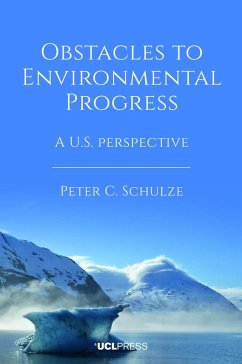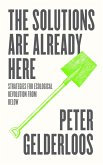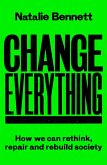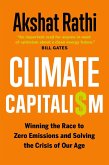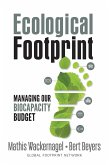Why, when so many people understand the severity of environmental problems, is progress so slow and sustainability such a distant goal? What gets in the way? Perhaps you have immediately thought of several barriers. In Obstacles to Environmental Progress, Peter Schulze identifies 18 practical obstacles that routinely and predictably hinder U.S. progress on existing environmental problems. The obstacles apply to problems small and large and, in most cases, regardless of whether an issue is controversial. Though the book focuses on the U.S., most of the obstacles pertain elsewhere as well.
The obstacles fall into three categories: challenges to anticipating, detecting, and understanding problems; political and economic factors that interfere with responding; and obstacles to effective responses. While all the obstacles are predictable and common, they have not been systematically studied as related phenomena, perhaps because they span a wide range of academic disciplines.
In practice, they often arise as surprises that are then addressed in an ad hoc manner. Might they be better understood and thus more readily anticipated and overcome or avoided?
The book seeks to hasten environmental progress by forewarning and thus forearming those who are striving or will soon be striving for environmental progress, and by drawing scholarly attention to the obstacles as a set of related phenomena to systematically understand and more quickly overcome.
Praise for Obstacles to Environmental Progress
'I have never come across another book that gives students such an accessible and helpful guide to the broad scope of the challenges facing an environmentally sound and sustainable future.'
Al Wurth, Lehigh University
'We've long needed something like this: a gazetteer for answering the endless series of objections and overcoming the repetitive obstacles that stand between us and the environmental progress we urgently require.'
Bill McKibben, author of The End of Nature and founder of 350.org and Third Act
'This deeply thoughtful, open-access volume is easy to read but profoundly disturbing and only slightly encouraging, a book to energize the environmental movement.'
CHOICE Connect
'"We have a serious problem," writes Peter Schulze at the beginning of his book,Obstacles to Environmental Progress. "We are beyond the carrying capacity of the planet." What this means is that the way we are going on now cannot continue: it is unsustainable. Humanity's actions are reducing the planet's potential to support life and, the longer we carry on as is, the worse it gets for posterity. Something needs to be done.'
Conservation Biology
'Schulze's book is a valuable resource for all scientists, and it would be a mistake to limit its use to environmental scientists and policymakers.'
Metascience
The obstacles fall into three categories: challenges to anticipating, detecting, and understanding problems; political and economic factors that interfere with responding; and obstacles to effective responses. While all the obstacles are predictable and common, they have not been systematically studied as related phenomena, perhaps because they span a wide range of academic disciplines.
In practice, they often arise as surprises that are then addressed in an ad hoc manner. Might they be better understood and thus more readily anticipated and overcome or avoided?
The book seeks to hasten environmental progress by forewarning and thus forearming those who are striving or will soon be striving for environmental progress, and by drawing scholarly attention to the obstacles as a set of related phenomena to systematically understand and more quickly overcome.
Praise for Obstacles to Environmental Progress
'I have never come across another book that gives students such an accessible and helpful guide to the broad scope of the challenges facing an environmentally sound and sustainable future.'
Al Wurth, Lehigh University
'We've long needed something like this: a gazetteer for answering the endless series of objections and overcoming the repetitive obstacles that stand between us and the environmental progress we urgently require.'
Bill McKibben, author of The End of Nature and founder of 350.org and Third Act
'This deeply thoughtful, open-access volume is easy to read but profoundly disturbing and only slightly encouraging, a book to energize the environmental movement.'
CHOICE Connect
'"We have a serious problem," writes Peter Schulze at the beginning of his book,Obstacles to Environmental Progress. "We are beyond the carrying capacity of the planet." What this means is that the way we are going on now cannot continue: it is unsustainable. Humanity's actions are reducing the planet's potential to support life and, the longer we carry on as is, the worse it gets for posterity. Something needs to be done.'
Conservation Biology
'Schulze's book is a valuable resource for all scientists, and it would be a mistake to limit its use to environmental scientists and policymakers.'
Metascience
Dieser Download kann aus rechtlichen Gründen nur mit Rechnungsadresse in A, D ausgeliefert werden.

